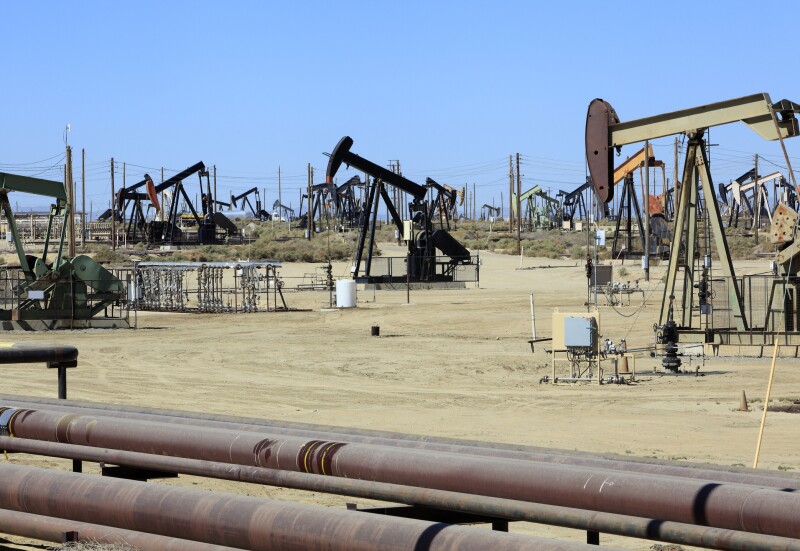The US Department of Transportation’s Pipeline and Hazardous Materials Safety Administration (PHMSA) will award $14.8 million in grants to fund projects and activities to improve pipeline safety. The announcement comes after PHMSA reported in early August it would distribute $64.4 million in grants to support state-pipeline and underground natural gas storage (UNGS) safety operations.
PHMSA, which oversees the safety of the nation’s 3.4-million-mile pipeline transportation system, will distribute the funding across several initiatives. Pipeline Safety State Base Grants will receive $60.5 million of the August funding with the remaining $3.9 million distributed to UNGS grants to support state inspection and enforcement efforts, personnel reimbursement, equipment, and essential activities costs to participating states.
The $14.8 million in funding will be awarded to five programs across the US, including:
- $1.1 million in One-Call Grants to provide funding to state agencies in promoting damage prevention, including changes with their state underground damage prevention laws, related compliance activities, training, and public education.
- $1.5 million in State Damage Prevention Program Grants for states to establish or improve state programs designed to prevent damage to underground pipelines.
- $2 million in Technical Assistance Grants to local communities and groups of individuals (not including for-profit entities) for technical assistance related to pipeline safety.
- $4.3 million of Competitive Academic Agreement Program funding to six universities including Texas A&M University, University of Akron, Rutgers University, Arizona State University, Marquette University, and University of Miami.
- $5.8 million in Pipeline Emergency Response Grants for incident response activities related to the pipeline transportation of gas or hazardous liquids.
“To ensure the safety of the world’s largest pipeline system—we need every level of government and the nonprofit sector working to mitigate risk,” said PHMSA Deputy Administrator Tristan Brown. “These grants will provide states, nonprofits, first responders, and academic institutions with the resources necessary to better protect the public.”


